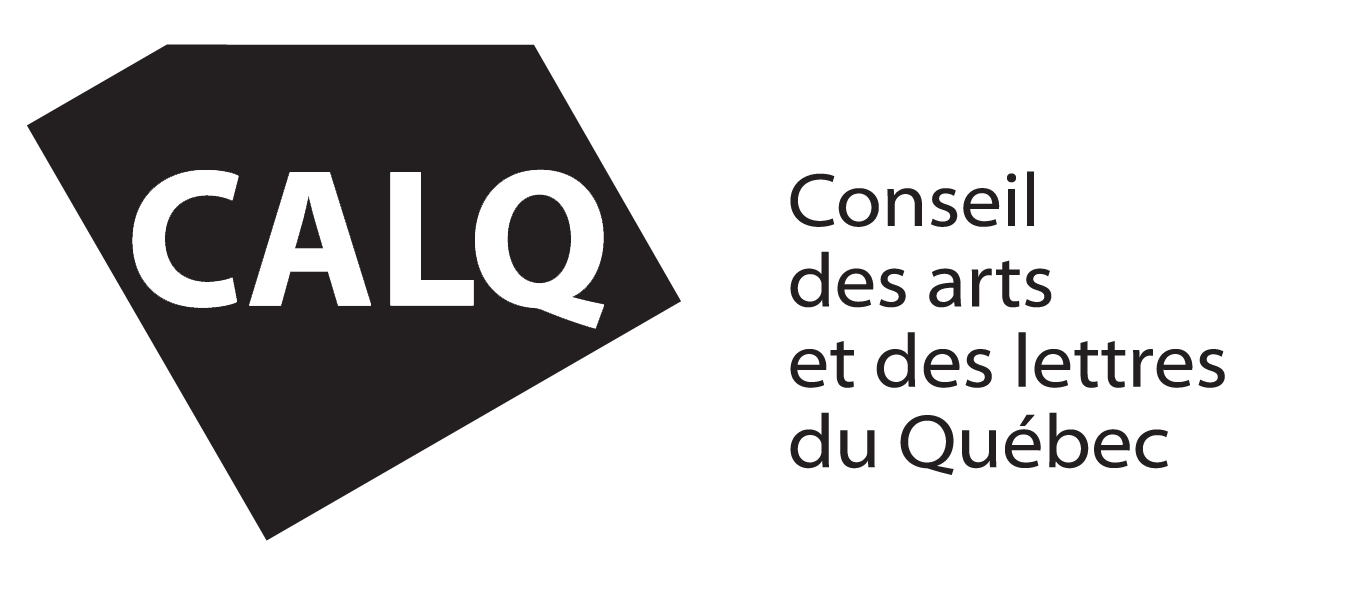LE VIVIER’S EMERGING ARTISTS HUB
The Pôle Relève is Le Vivier’s support program for emerging creation. Funded by the Conseil des Arts et des Lettres du Québec (CALQ), this program includes mentorship, dissemination, and circulation of emerging works. It allows a new generation of artists to receive financial support, benefit from mentorship, promotion, and personalized guidance tailored to their needs.
The Pôle Relève supports emerging projects through various forms of mentorship, ideation, and guidance in order to professionalize artists and accompany them at the beginning of their careers.
Le Vivier has always been committed to supporting the community of emerging artists in new music. This commitment is reflected in its programming, but also through the creation of the Vivier interUniversitaire (ViU) in 2015, which aims to promote contemporary musical creation within Montreal’s higher education institutions.
How the Pôle Relève Works
Le Vivier connects musicians and provides them with initial tools and guidance to develop their projects. Once this first stage of training is complete, ensembles unfold their action plan according to their needs: communication strategy, visual identity, artistic mentorship, coordination, residency, grant applications… Alongside this mentorship mission, Le Vivier is committed to programming these ensembles in its cultural seasons and to connecting them with presenters in Montreal and across Canada.
The Pôle Relève in Numbers
- 21 artistic projects supported
- 79 artists
- 19 performances in Montreal
- Over 600 hours of training and mentorship aimed at professionalization and the development of tools for promotion, circulation, networking, and mediation to foster visibility of projects
- 9 collaborations and partnerships continuing to support projects carried by the Pôle Relève
- Presentation of projects to an international delegation
The Pôle Relève Artists
GABRIEL TROTTIER
Horn soloist, chamber musician, and orchestral player, performing a repertoire spanning from early music to contemporary works on both historical and modern instruments.
RECITAL POUR COR: development of a program of 5 pieces for horn and electronics, all connected by their relationship to nature.
DUO PULSAR
A meeting of two instruments rarely in the spotlight: the bass clarinet and percussion, performed by Gwénaëlle Ratouit and Béatrice Roy.
À LA RENCONTRE DE L’INATTENDU: this program highlights the timbral and rhythmic contrasts between the bass clarinet and percussion, while seeking to unite them in a shared language.
REBECCA GRAY
Soprano, composer, and improviser passionate about performing and creating classical and contemporary repertoire. Her compositional work has resulted in a body of experimental queer operas.
BUS OPERA: At the crossroads of opera and theatre, this absurd fantasy explores generational fears and hopes, as well as questions of gender identity, while traversing multiple musical styles.
ROSANE LAJOIE
Graduate of the Conservatoire de musique de Montréal, where she earned a master’s degree with distinction under Suzanne Goyette. Passionate about vocal art, she furthered her studies in accompaniment at London’s Guildhall School of Music and Drama, where she received the Tracey Chadwell Memorial Award in contemporary music.
ENTRE PAROLES ET SOUFFLES: commission and creation of two song cycles for voice and piano on French texts.
ENSEMBLE A MER
Founded by mezzo-soprano Maddalena Ohrbach, the ensemble seeks to build bridges between genres. While all members share a classical and contemporary academic background, their paths have also been shaped by popular music such as Latin, jazz, metal, electro, and mixed music. This aesthetic plurality is reflected in their creative process.
WAVES AND LINES: a song cycle by New Zealand composer Gemma Peacocke. This work embodies a complex geopolitical and cultural reality, as its poems are originally landays: traditional oral texts sung among Afghan women. These poems convey a lived reality intertwining religion, politics, culture, and history, and how these forces affect the lives of women in a region that has long been a meeting ground—and a place of tension—between civilizations.






